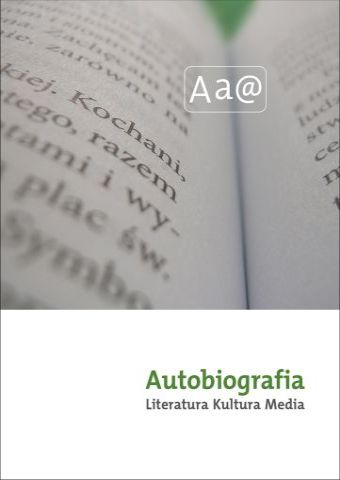






| Authors: |
DOROTA
SOŚNICKA

Uniwersytet Szczeciński |
| Keywords: | literary translation a musical composition of a literary work a novel as a sonata |
| Data publikacji całości: | 2021 |
| Page range: | 17 (101-117) |
| 1. | Białecki, Tadeusz. Historia Szczecina. Zarys dziejów miasta od czasów najdawniejszych do 1980 r. Wrocław–Warszawa–Kraków: Zakład Narodowy im. Ossolińskich, 1992. |
| 2. | Instytut Polski, Düsseldorf. „Krynicki i Liskowacki w Düsseldorfie”. Biuletyn Kulturalny 48 (2003). |
| 3. | Krysztofiak, Maria. Przekład literacki we współczesnej translatoryce. Poznań: Wydawnictwo Naukowe UAM, 1996. |
| 4. | Liskowacki, Artur Daniel. Eine kleine. Szczecin: Wydawnictwo 13 Muz, 2000. |
| 5. | Liskowacki, Artur Daniel. Sonate für S. Roman. Tłum. Joanna Manc. München: Albrecht Knaus, 2003. |
| 6. | Michalska, Magdalena. „Zimne ognie – wywiad z Arturem Danielem Liskowackim”. Gazeta Wybor¬cza, 11.09.2001. |
| 7. | Peter, Stefanie. „Elf Völkerfreunde müßt ihr sein. Artur Daniel Liskowacki sucht die deutsche Vergangenheit Stettins”. Frankfurter Allgemeine Zeitung, 12.09.2003. |
| 8. | Rohlf, Sabine. „Auf gepackten Koffern”. Berliner Zeitung, 2.06.2003. |
| 9. | „Rozmowy z tłumaczami: Joanna Manc”. Wrzesień 2013. Dostęp 5.01.2021. www.goethe.de/ins/ pl/pl/kul/dos/ueb/ges/20554099.html. |
| 10. | Schleiermacher, Friedrich. Ueber die verschiedenen Methoden des Uebersezens (1813). Dostęp 5.01.2021. https://sites.unimi.it/dililefi/costazza/programmi/2006-07/Schleiermacher.pdf. |
| 11. | Schulz, Thomas. „Artur Daniel Liskowacki: Sonate für S. Roman”. Deutsches Kulturforum östli¬ches Europa. 12.03.2003. Dostęp 10.09.2003. https://www.kulturforum.info/de/beitrag/319¬-1000429-artur-daniel-liskowacki-sonate-fuer-s. |
| 12. | Sośnicka, Dorota. „Artur Daniel Liskowackis Roman »Eine kleine« – eine unmögliche Sonate”. W: Literatur, Grenzen, Erinnerungsräume. Erkundungen des deutsch-polnisch-baltischen Ostse¬eraums als einer Literaturlandschaft, red. Bernd Neumann, Dietmar Albrecht, Andrzej Talarczyk, 149–160. Würzburg: Königshausen & Neumann, 2004. |
| 13. | Sośnicka, Dorota. „Die versunkene Stadt wiedergelesen: Zur »Stadtsemiotik« in Artur Daniel Liskowackis Roman »Sonate für S.»”. W: Grenzen auf der Landkarte – Grenzen im Kopf? Kultur¬räume der östlichen Ostsee in der Literatur vom 19. Jahrhundert bis zur Gegenwart, red. Regina Hartmann, 27–53. Bielefeld: Aisthesis, 2010. |
| 14. | Sośnicka, Dorota. Wie handgewobene Teppiche. Die Prosawerke Gerhard Meiers. Bern: Peter Lang Verlag, 1999. |